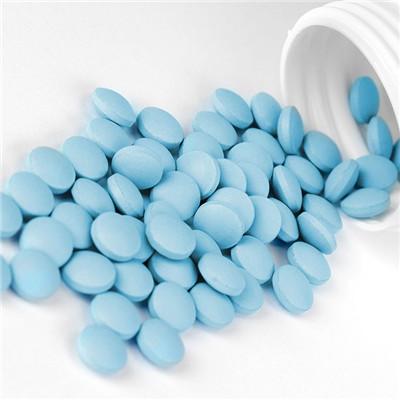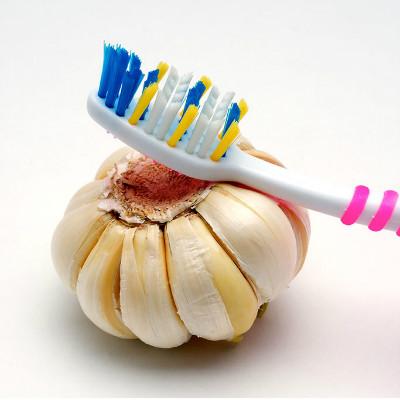Symptoms of electrolyte disorder in human body
summary
Electrolyte disorder is an internal problem in the body system. When many people have this kind of symptom, they often don't know it's electrolyte disorder and think it's a disease in other aspects of their body. So, about the knowledge of electrolyte disorder, we need to know about the symptoms of electrolyte disorder in the human body? Let's talk about it
Symptoms of electrolyte disorder in human body
Fatigue can occur. Dry lips and tongue, skin loss of elasticity, restlessness, even manic, hallucination, delirium and coma. Brain atrophy caused by hypernatremia can be secondary to cerebral hemorrhage, subarachnoid hemorrhage and even death.

Mild hyponatremia (serum sodium concentration 120-135mmol / L) can lead to taste loss and muscle soreness; Moderate (serum sodium concentration 115-120mmol / L) had headache, personality change, nausea, vomiting, etc; Severe (serum sodium concentration < 115 mmol / L) can appear coma, reflex disappeared.

Common neuropsychiatric symptoms include hand and foot convulsions, epileptic seizures, paresthesia, increased muscle tension, tendon hyperreflexia, muscle tenderness, disturbance of consciousness, etc. bronchospasm, laryngeal spasm and respiratory failure can also occur. Slow response, indifference to the outside world, apathy and memory impairment; Also can have hallucination, delusion, depression and other symptoms; Serious cases may have drowsiness, coma and other disturbance of consciousness.

matters needing attention
To maintain the function of cardiovascular system, a large number of vitamins and neurotrophic substances are given to promote the recovery of brain cell function, such as glutamic acid, adenosine triphosphate (ATP), coenzyme A, nicotinic acid, etc. Generally, there is no special treatment for mental disorders. When necessary, anti anxiety and antidepressant drugs can be used symptomatically. The use of psychotropic drugs should be cautious, and attention should be paid to avoid further damage to the relevant organs, deepen the disturbance of consciousness or damage the function of other organs.
















